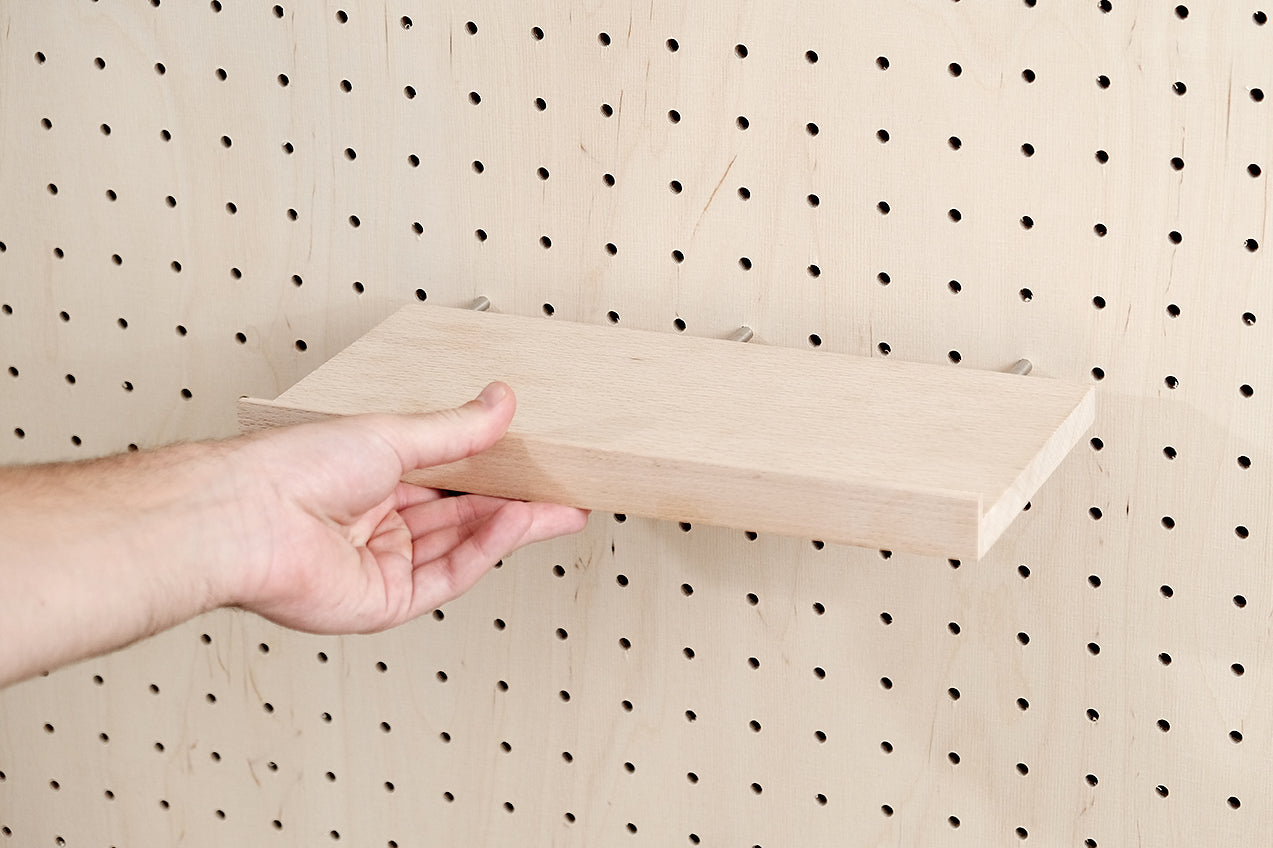Aire met Margot, co-founder of Ripato. This French company creates sustainable furniture and table legs. Between French production and the fight against waste, discover how the brand designs and creates aesthetically pleasing, environmentally friendly products.
Can you introduce yourself in a few words?
My name is Margot, I'm 31 years old. I'm the co-founder of the Ripaton brand. My partner and I founded it six years ago. I went to business school. I studied international trade, marketing, and then specialized in entrepreneurship and business management. After that, I worked for Dell. Afterward, I quickly launched Ripaton with my partner.
View this post on Instagram
What does Ripaton mean and what responsible furniture do you produce?
Ripaton means foot in old French. The idea originally came about because we were looking to revamp our coffee table. We were looking for simple, designer legs. We liked the Hairpin Legs model, the famous hairpin leg that's often found in England and the United States. But it was impossible to find them in France. So we thought we should try to make some and put them on our coffee table. We have a craftsman friend who helped us. Then, all our friends thought it was really cool, so we thought there might be something we could do.
We realized that there were plenty of people looking for these legs too. So we made a small series of legs that we sold on Etsy at first. It worked very well. So we said to ourselves that we had to continue. We started producing a little more and, the craze led us to set up our workshop. Today we are a French brand that manufactures and sells table legs and other accessories that allow you to create your own responsible furniture.

Can we say that you entered the world of responsible furniture by chance?
We both went to business school. Tom was in the web and I was in sales. There was nothing that led us to create a metalwork workshop to make furniture and table legs. It happened gradually. There was a very strong enthusiasm for the brand from the beginning. This pushed us to develop and grow quite quickly. Today our company sells throughout Europe. We have about fifteen models of legs, but also clothing racks, wall brackets, and shelves. The company now has about twenty employees.
Can you describe your creative process and how you work?
We analyze our own needs as well as those of our clients. That's how we first came up with the idea of creating a table leg, and Ripaton was born. For example, if we want to make a dining table, we ask ourselves what type of leg we would like. We always try to think about current trends and the shapes we like. We also think in terms of ergonomics.
We also try to find features for the product. For example, we can add adjustable skates. We are increasingly cooperating with our customers. That is to say, we interview them a lot. We ask them what they like in terms of shape, color, and materials, and we identify their needs. This provides us with a lot of answers and helps us in the product creation process. Then we have the prototyping phase, we produce, try, and test the products. Before launching a product, we send it to some of our customers so they can test it and give us feedback on what they think of the object. If their experience is positive, then we will launch production and market the product.

How do you define your job, what qualities are required?
Generally speaking, at Ripaton, we are 2.0 artisans. We've dusted off traditional metalworking by introducing the digitalization of the web. We sell our products online and adopt digital manufacturing practices. Our brand is sustainable and responsible. Our production is French and sustainable. Everything is made in our workshop in Montpellier.
In my job, as co-founder, I have to be a Swiss Army knife. We manage all the departments internally. So we have production, logistics, product design, communication, web development, and sales. We have to be strong and expert in all these areas because we don't outsource at all. My partner and I share the roles. I work on administration, sales, and communication. My partner will be more focused on logistics, production, and web development.
Don't hesitate to consult our article: Tristan Gesret the painter in letters


0 comments